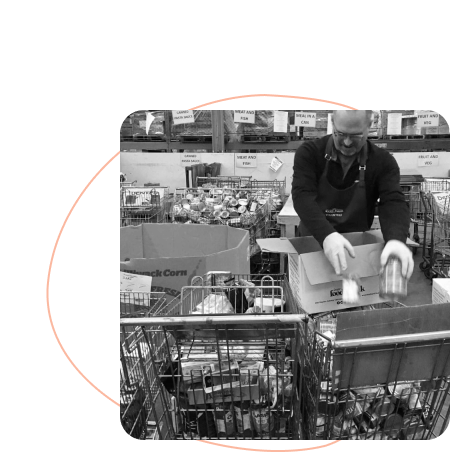
Giving back has always been deeply engraved in The Answer Company’s culture, but last year we officially launched our Corporate Social Responsibility (CSR) program called ‘Answering the Call’, making it an even bigger part of the company. Throughout the year we donate services and software to two charities and hold company-wide volunteer days four times a year in an effort to give back to our local communities. This quarter our offices in New Westminster, Calgary, Edmonton and Winnipeg volunteered at their local Food Banks.
Canada’s Food Banks are dedicated to helping Canadians who live with hunger. Despite the fact that our team volunteered at four different food bank organizations (Greater Vancouver Food Bank, Calgary Food Bank, Edmonton’s Food Bank and Winnipeg’s Harvest Inc.), they all had one thing in common: providing nourishing, good quality food to Canadians in need. Each food bank collects a combination of food, household and money donations, and welcome all the help they can get from volunteers to assist with organizing and distributing donations.
Role of Volunteers
In each of the food bank warehouses, our teams were busy sorting donations based on type and ensuring that spoiled or past date food items were discarded. Donations ranged from aluminum foil and toilet paper to canned pasta and baby food. Seeing the vast variety of items in the warehouse opened our eyes to how much people actually need. Sorting took place in multiple stages, with the initial sort consisting of items being separated into a number of broad categories (such as canned goods, paper items, sauces/condiments etc). Following that, each broad category was separated and combed through in more rigorous detail and filled into boxes for easier management and access.
What Food Banks Need
It was enlightening to discover the process behind food banks and how much effort goes into them. It’s so much more than just collecting donations, pulling out expired food and giving it to people in need. Food banks are a complex web and running them involves highly structured collections and sorting of donations, developing healthy meal plans and recipes based on donations received, and even working with local grocery stores to purchase fresh produce to ensure that people that depend on the food bank always have access to the nourishing food that they need.
It is commonly believed that Food Banks only accept food donations or that they prefer food donations, but in reality cash donations have an even more valuable impact. Unfortunately, food donations often come in the form of cupboard cast offs that people want to get out of the house, and while the sentiment is there, cash donations enable Food Banks to buy specific food items that they are in dire need of but rarely receive as donations, such as fresh fruits & vegetables, meat and dairy.
Regardless of the value of cash donations, Food Banks never want to discourage people from donating food and According to Food Banks Canada, the 10 most urgently needed food and household items by food banks are the following:
- Pasta (canned or dry) and pasta sauces
- Canned and frozen meats and fish
- Meat alternatives (peanut butter, soy, assorted nuts)
- Canned goods (beans, soups and stews)
- Dairy (fresh, canned and powered milk)
- Canned vegetables and fruit
- Whole grain cereals
- Infant foods and baby formula
- Bathroom tissue and diapers
- Personal hygiene products
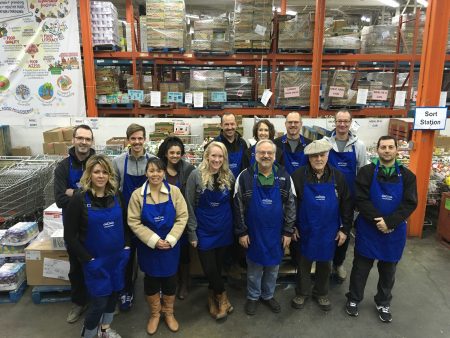
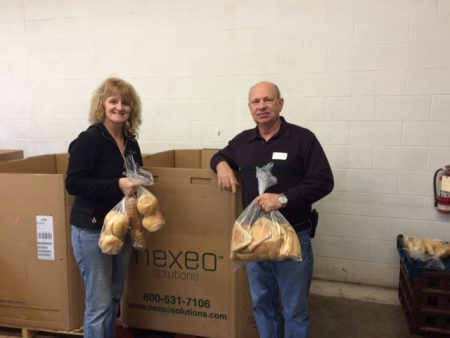
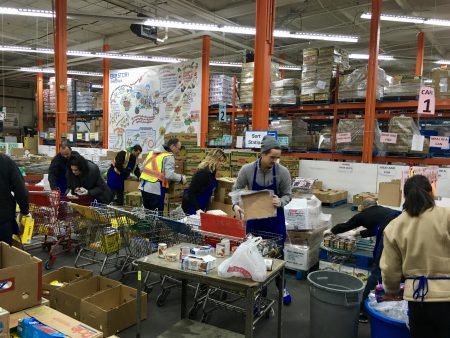
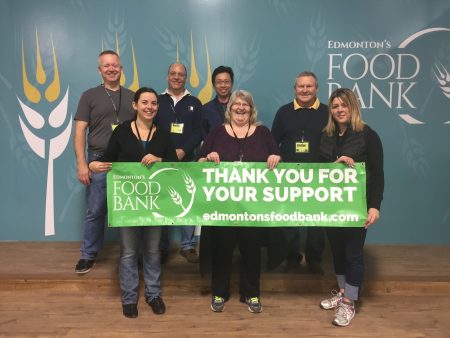
One of the reasons The Answer Company always seeks out new and different volunteering opportunities every quarter is so we can stay in touch with what our communities need, and make an effort to dedicate our time to where it can makes the biggest difference. Working in the food bank warehouses was a reminder to us of how much work and manpower is behind every non-profit organization and we enjoyed the opportunity to pull our weight in making a difference for Canada’s hungry families.
Related Resources


The Answer Company on Bob Scott’s 2024 Top 100 VARs List — The Only Acumatica-Focused Canadian Partner
Read the Article
